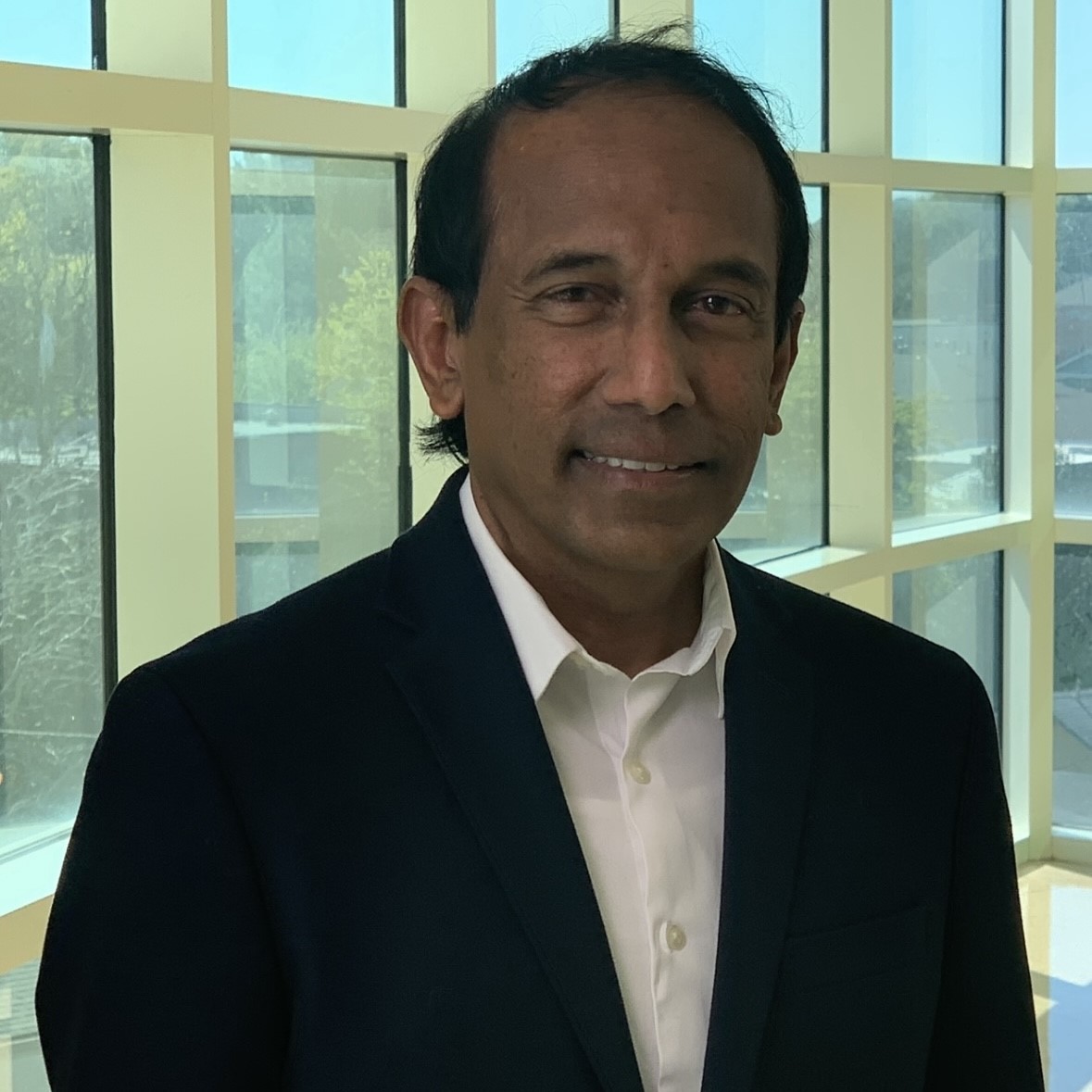Decades of mentorship help CPE educator create new community

I walked towards the back pew of the church on Mother’s Day alone. Then, to my surprise, one of my former chaplain interns from five years ago waved and motioned me to sit with her family. Sliding closer together, they made room for me. She shared her joys and sorrows, including her bittersweet pride over her newly graduated daughter’s college plans. When she later posted about her Mother’s Day on social media, she wrote, “And the icing on the cake was running into my mentor who just so happened to be visiting our church.”
Her words warmed my heart as I pondered her encouragement: I am a mentor.
Growing up in my home country of India, I experienced little mentorship. Career paths were fixed, with few opportunities to switch jobs or return to school. After graduating from college, I spent two years applying to every open position that I could find. I was rejected from the military, banking positions, and graduate programs before finally getting a job with a Swiss pharmaceutical company. I quickly learned that my greatest strength as a marketing representative was my desire to connect with people. However, I lacked the management credentials to advance professionally, and I couldn’t get them from the rigid national educational system.
My professional dissatisfaction kept growing. I knew I wanted to minister to others, and I kept applying for any opportunities, paid or unpaid. But all doors remained closed. I was eventually granted a full-time volunteer position with an international organization, and I began my new outreach role while living on my savings. I volunteered for 40-50 hours per week for seven years while continuing to apply for more formal ministry positions and seminary schools. I spent this period of my life hoping for a chance – any chance.
After several years of serving as a minister and theological educator in India and Nepal, I immigrated to the U.S. and began postgraduate studies in pastoral care and counseling. During this time, I completed my first units of CPE with Pine Rest Christian Mental Health Services, a psychiatric hospital in Michigan. This yearlong training and education began my journey towards becoming a chaplain educator. My past experience motivates me to take a chance on applicants who might not meet formal criteria. Sometimes these are my best students and trainees. From realtors and ICU nurses to formerly incarcerated and formerly “uneducated” applicants, I seek to validate others’ diverse formative life experiences as part of their training.
In chaplaincy, we often forget Jesus’ powerful words, “I have other sheep that are not of this fold,” believing that our barriers and bureaucracy in education are necessary components of the only valid path. Yet Jesus’ model of ministry and teaching includes calling fishermen and tax collectors; breaking bread with sinners and outcasts; holding hands with lepers and children.
Decades after their formal training has concluded, many of my former students still call me in their moments of crisis. My greatest accomplishment, more than any award or certification, is this network of human connections. Though my culture of origin did not provide me with the mentorship that I desired, it taught me what true hospitality looks like.
From employment terminations and estranged relationships to graduations and celebrations, I’ve journeyed alongside my students long after their educational programs have ended. This community of unrecognized individuals has become my church. And I have unknowingly become their pastor. As a chaplain educator, I honor the experiences that people define as painful or shameful – their own echoes of the Samaritan woman’s confession, “I have no husband” – and equip them to draw life-giving water from this well.
My intern’s kind encouragement on Mother’s Day touched me. Not just her praise but also her urge to welcome me even while I, quite literally, stood on the outside. To her, this act of kindness wasn’t just an assignment – dropping off some daily bread so she could return to her own dinner, guilt-free and satisfied. It was her way of life, setting a table and inviting others to feast beside her.
This legacy of mentorship is what I hope to leave through my ministry, and one that every chaplain can offer to those who are starting on this path. It does the extra credit of truly seeing others. Or, in her own words, it becomes icing on the cake.
Dr. Jacob George, BCC, served as an affiliate faculty member at Phillips Theological Seminary in Tulsa, OK, and received the Association of Professional Chaplains’ 2019 Distinguished Service Award. This article was co-written with his daughter, medical student Joanna George, who completed her first unit of CPE within the Mercy Health System in Springfield, MO.
